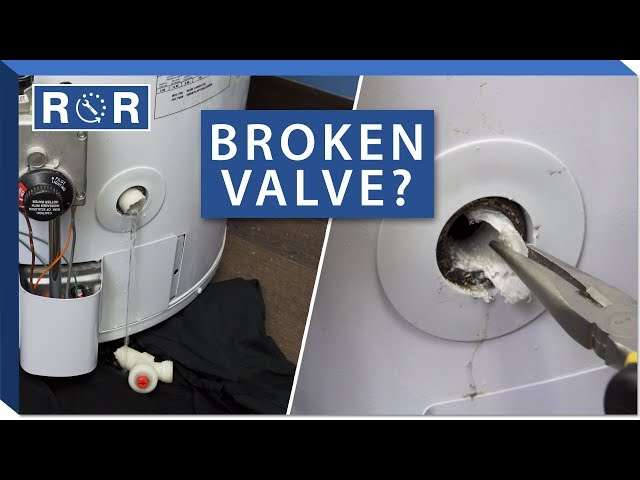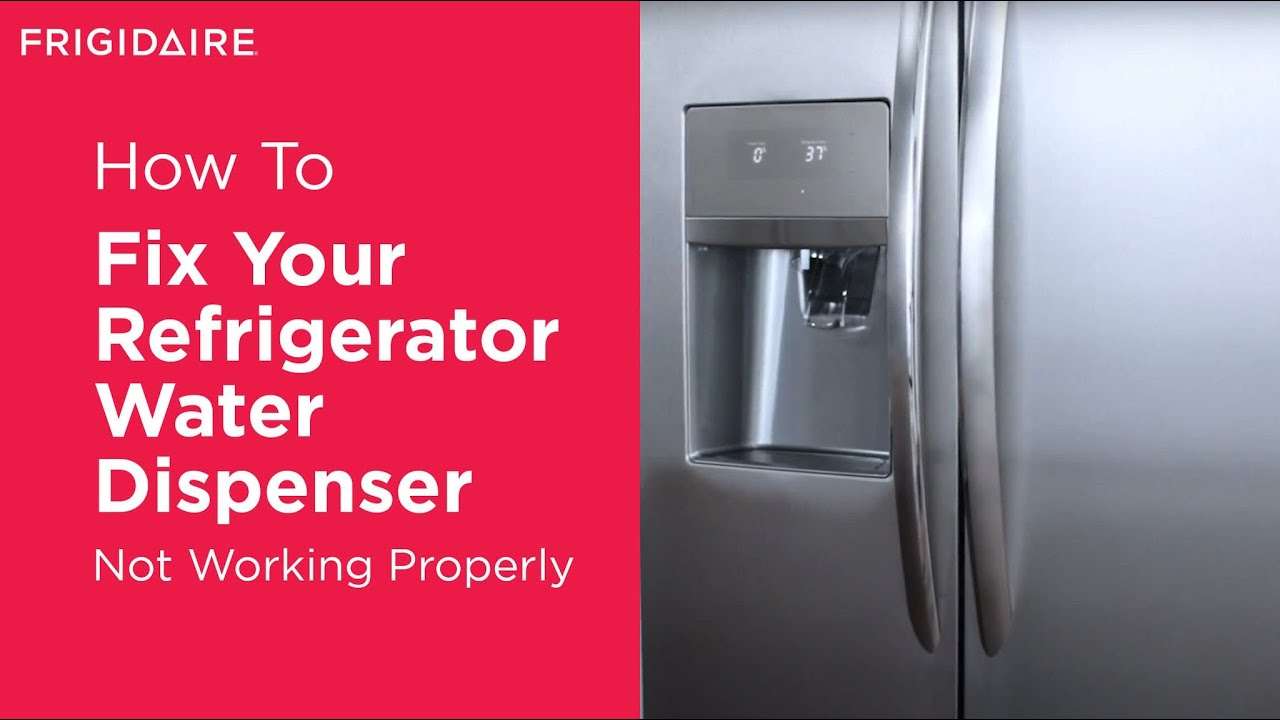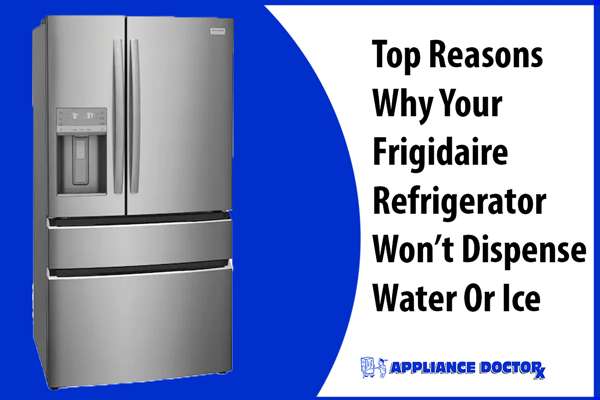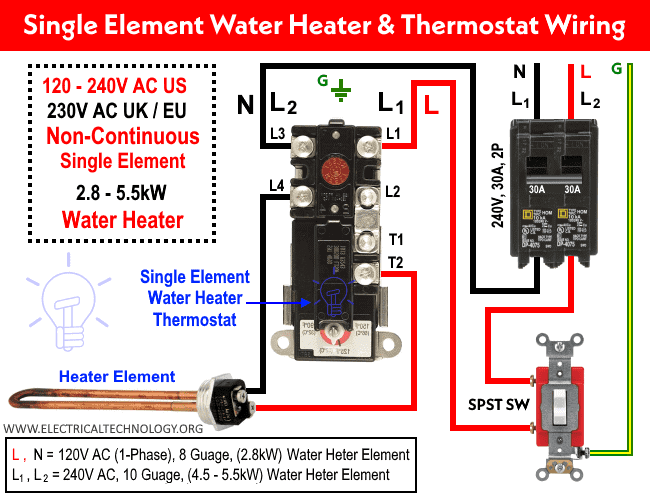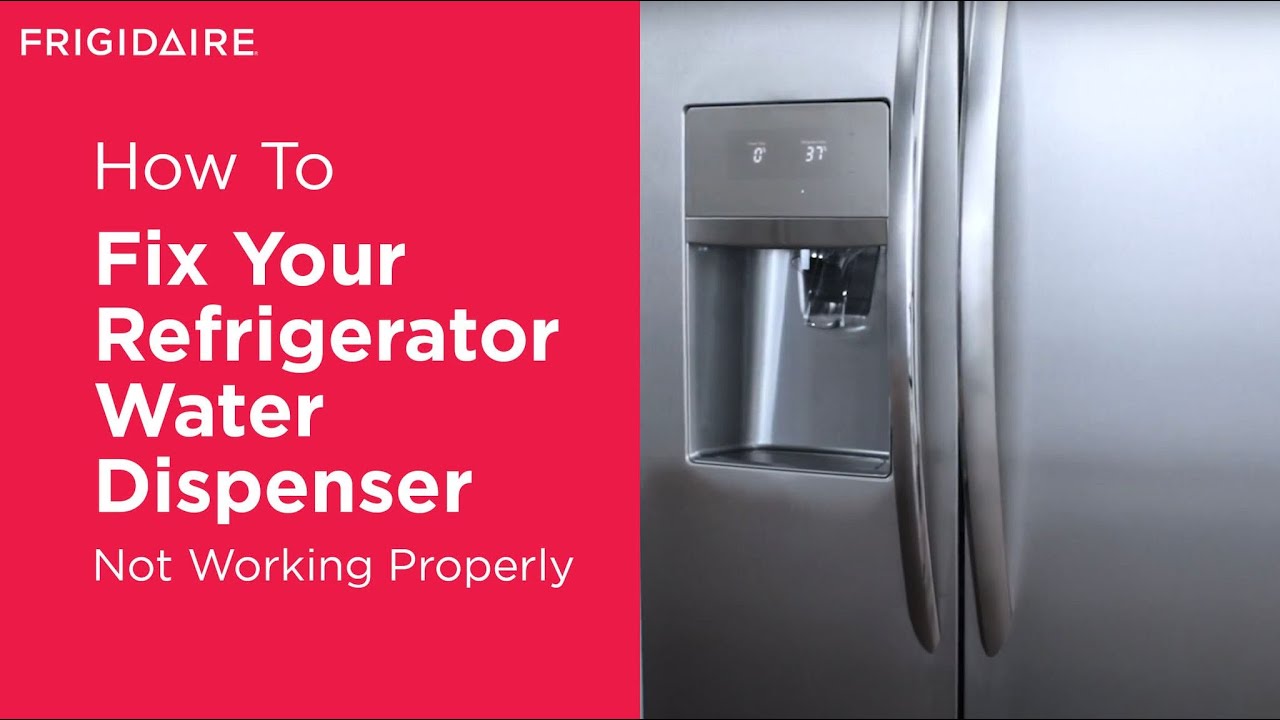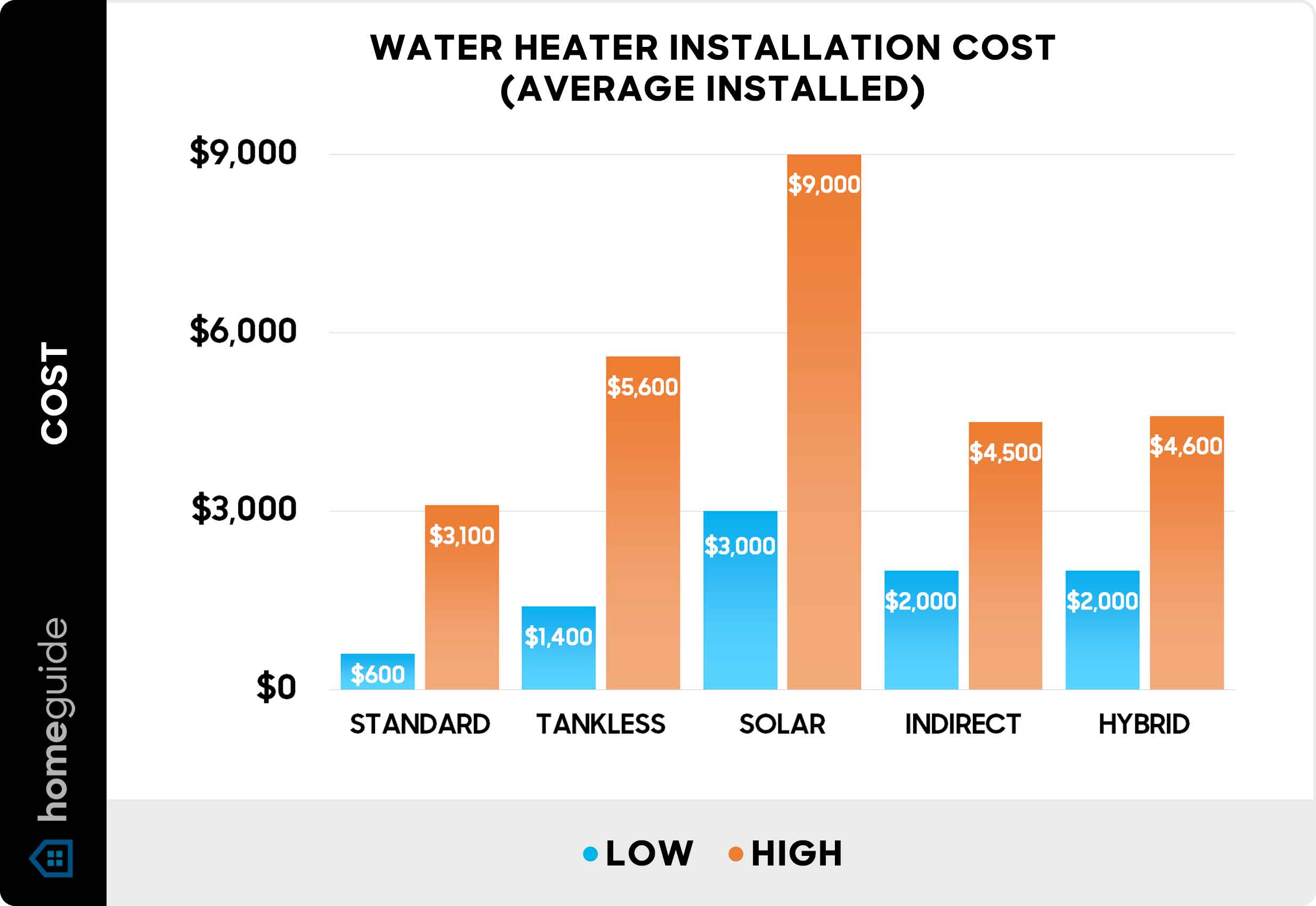A persistently extinguished pilot light on your water heater is more than just an inconvenience; it’s a sign that something isn’t functioning correctly within the appliance. Understanding the root cause of this issue is crucial for ensuring your home has a reliable source of hot water and, more importantly, for preventing potential safety hazards. There are several factors that can contribute to a pilot light repeatedly going out, ranging from simple solutions to more complex repairs. The good news is that troubleshooting why your **water heater pilot light keeps going out** is often a process of elimination, starting with the most common culprits.
Common Causes of a Pilot Light That Won’t Stay Lit
Several potential issues can cause your pilot light to repeatedly extinguish. Let’s explore some of the most likely reasons:
- Dirty or Clogged Pilot Orifice: This is a frequent offender. Dust, debris, and corrosion can accumulate in the small opening of the pilot orifice, restricting gas flow and causing the flame to be weak and unstable.
- Faulty Thermocouple: The thermocouple is a safety device that senses the heat from the pilot light. If it’s not functioning correctly, it won’t signal the gas valve to stay open, causing the pilot light to go out.
- Drafts: Even a slight draft can blow out a weak pilot light. This is especially common in older homes or areas with poor insulation.
- Gas Supply Issues: Problems with your gas supply, such as low gas pressure or a blocked gas line, can starve the pilot light of fuel.
- Ventilation Problems: Improper ventilation can lead to a buildup of combustion byproducts, which can extinguish the pilot light.
Troubleshooting Steps: A DIY Approach
Before calling a professional, consider these troubleshooting steps. Always prioritize safety when working with gas appliances. If you are uncomfortable or unsure at any point, contact a qualified technician.
1. Check for Drafts
Ensure there are no drafts near the water heater. Close windows and doors in the vicinity and check for gaps around the unit that might be allowing air currents.
2. Clean the Pilot Orifice
Carefully clean the pilot orifice using a thin wire or needle. Be gentle to avoid damaging the orifice. Turn off the gas supply before attempting this.
3. Inspect the Thermocouple
Visually inspect the thermocouple for any signs of damage or corrosion. If it appears damaged, it will likely need to be replaced.
4. Check the Gas Supply
Make sure the gas supply valve to the water heater is fully open. If you suspect a problem with your gas supply, contact your gas company.
When to Call a Professional
If you’ve tried the troubleshooting steps above and your pilot light continues to go out, it’s time to call a qualified plumber or HVAC technician. Some issues, such as a faulty gas valve or a problem with the water heater’s venting system, require professional expertise and specialized tools.
Addressing the question of **why does my water heater pilot light keep going out** requires a systematic approach. From cleaning the pilot orifice to inspecting the thermocouple, understanding the potential causes and following the troubleshooting steps can often resolve the issue. If not, remember that professional help is always available to ensure your water heater is functioning safely and efficiently.

